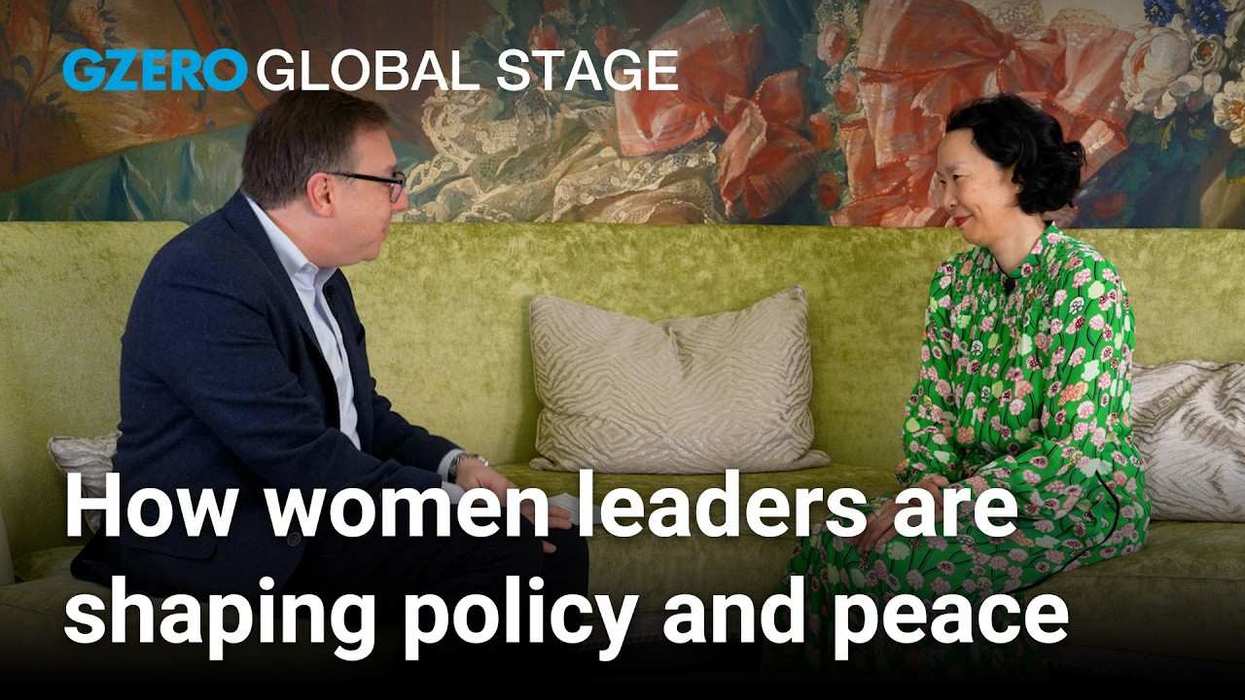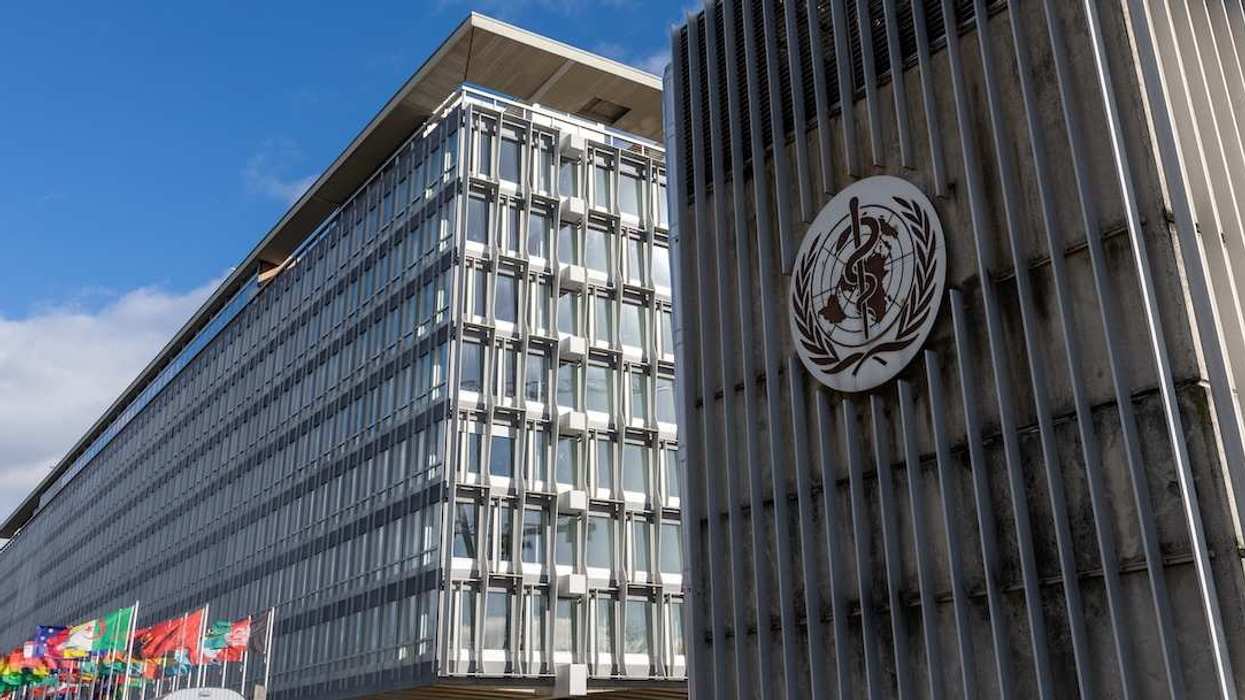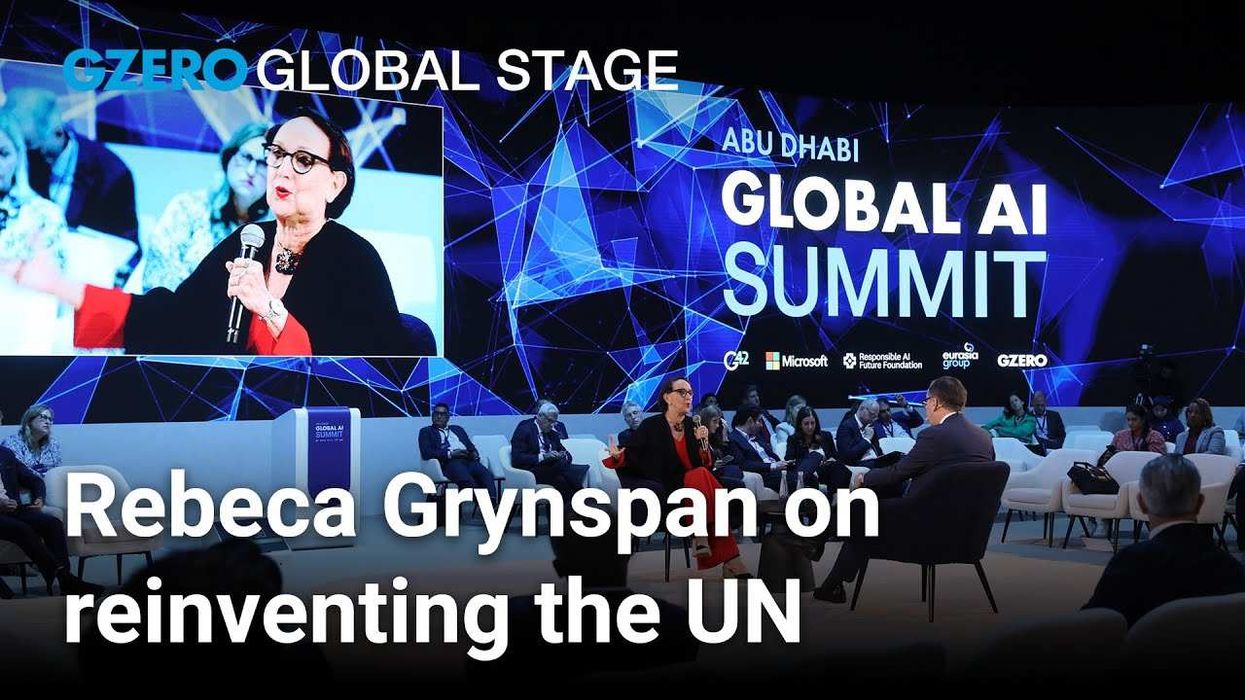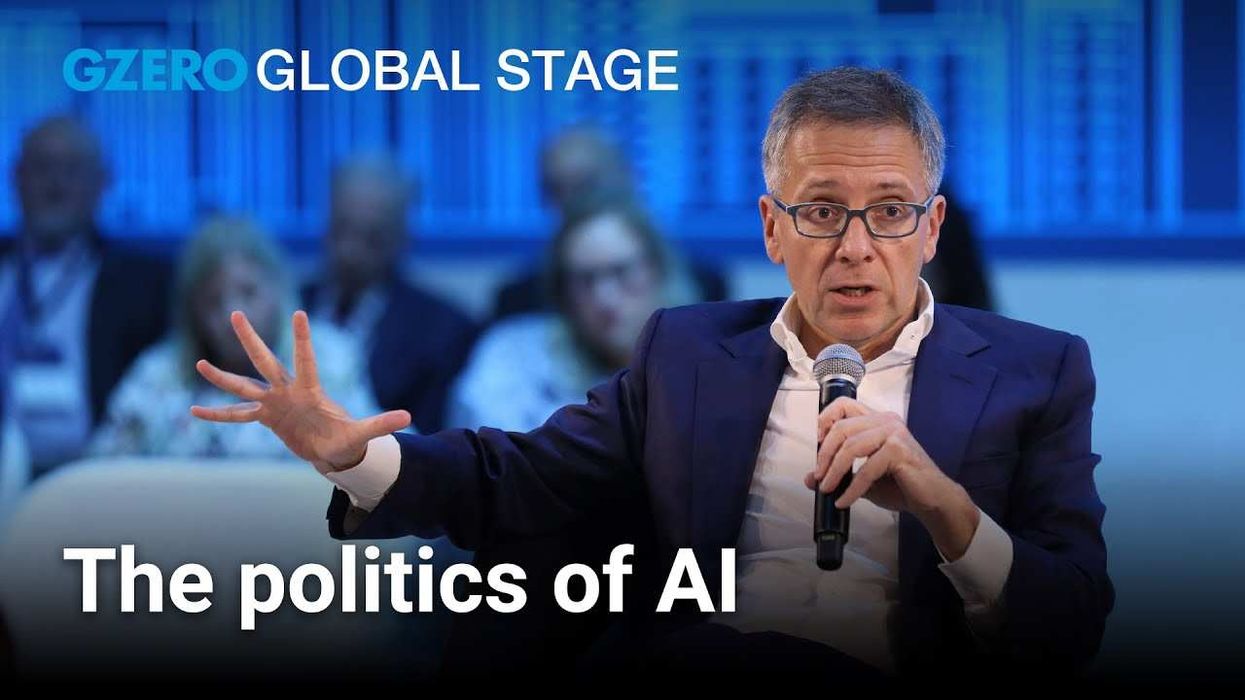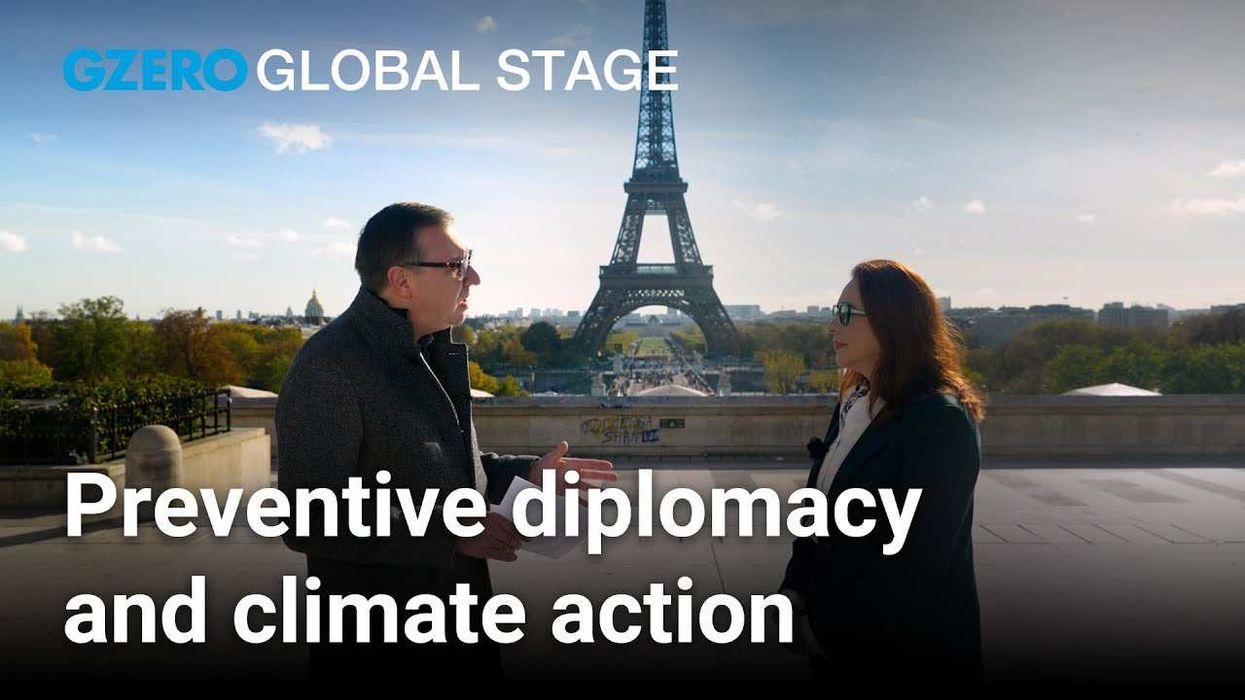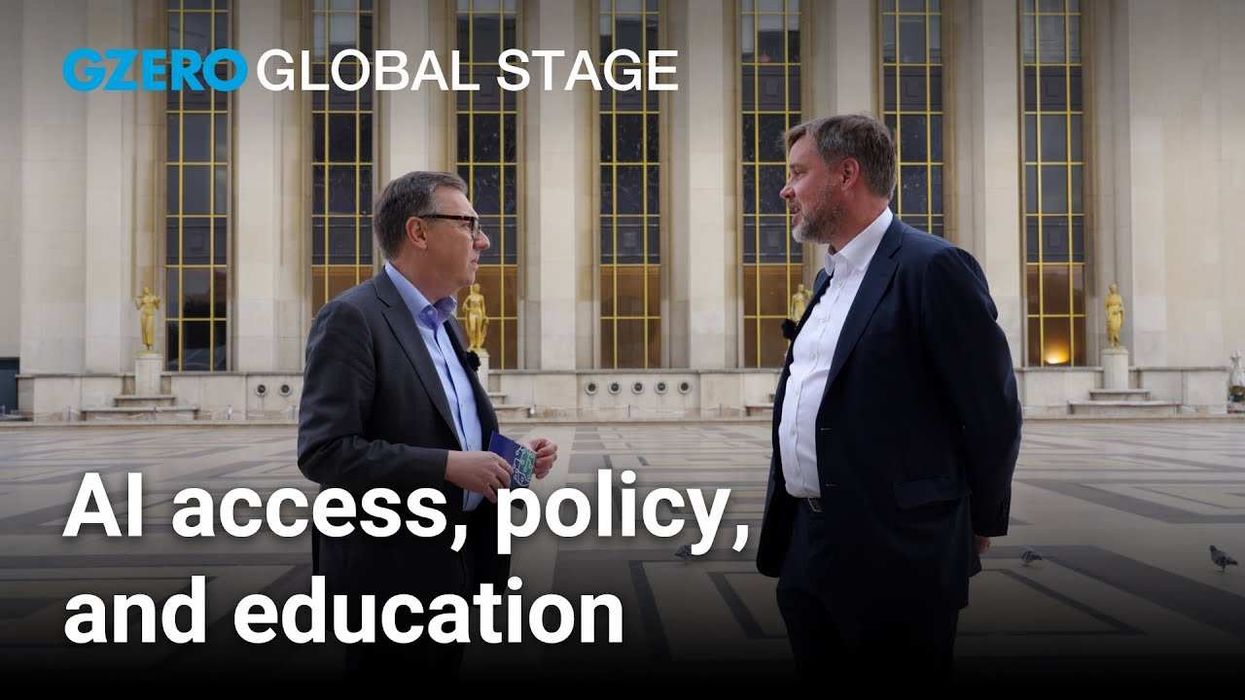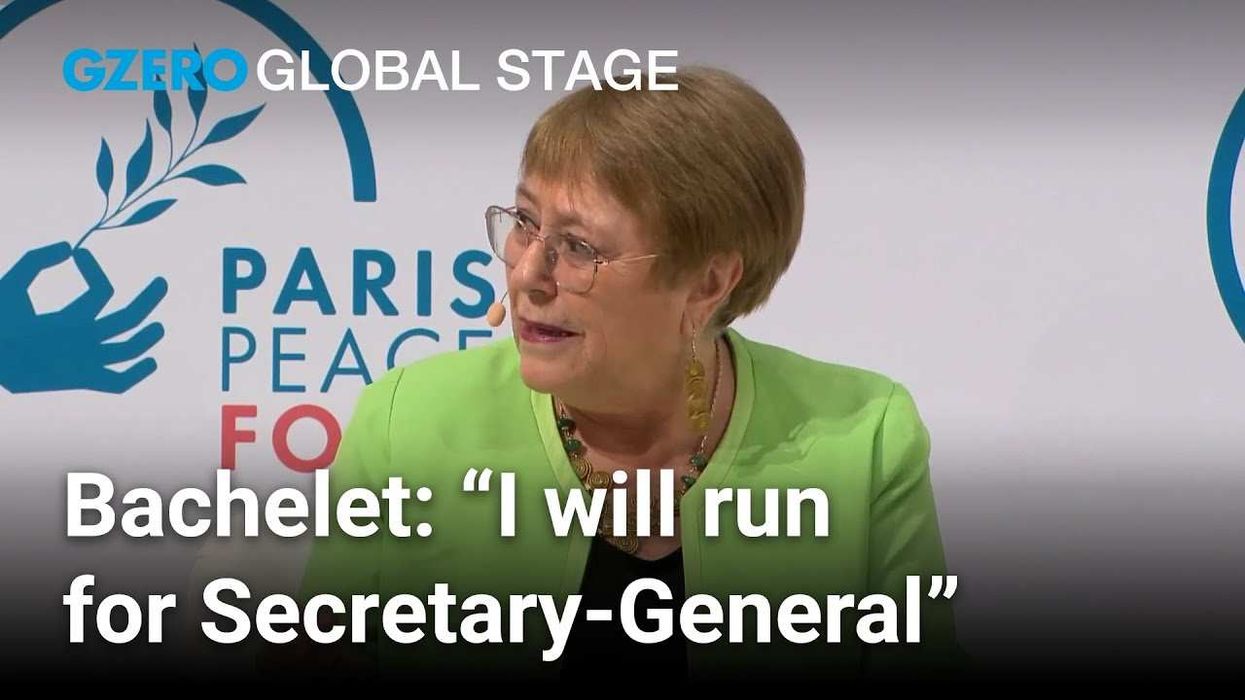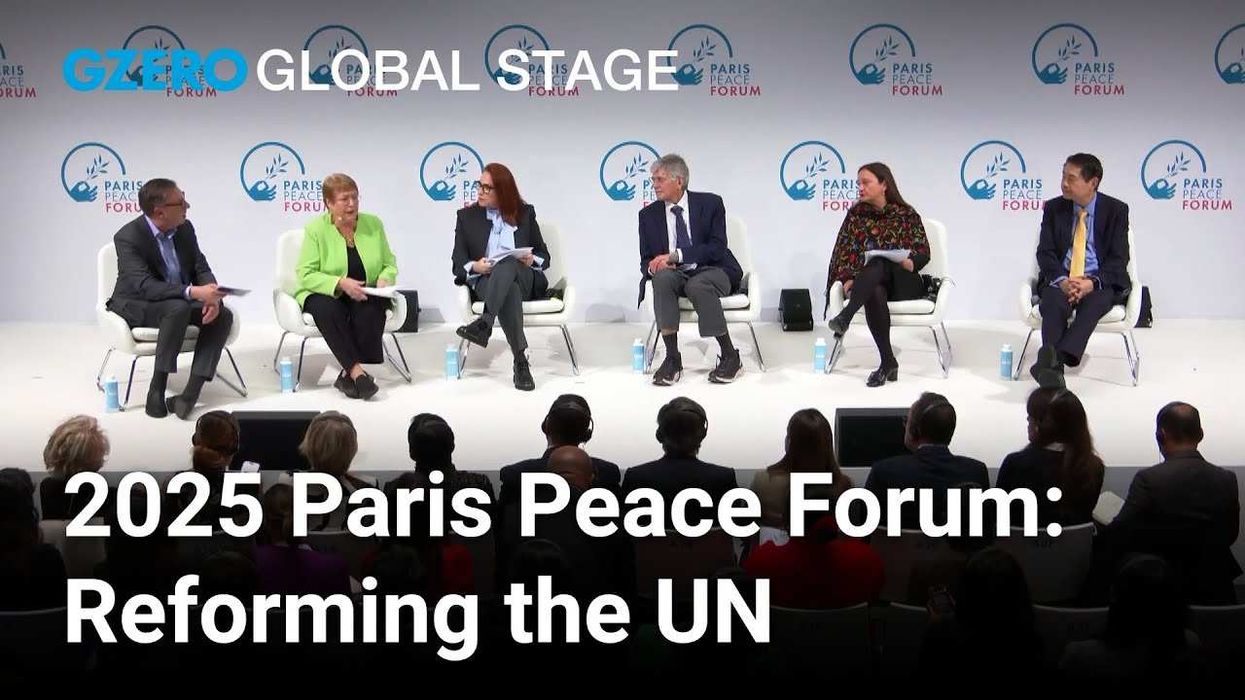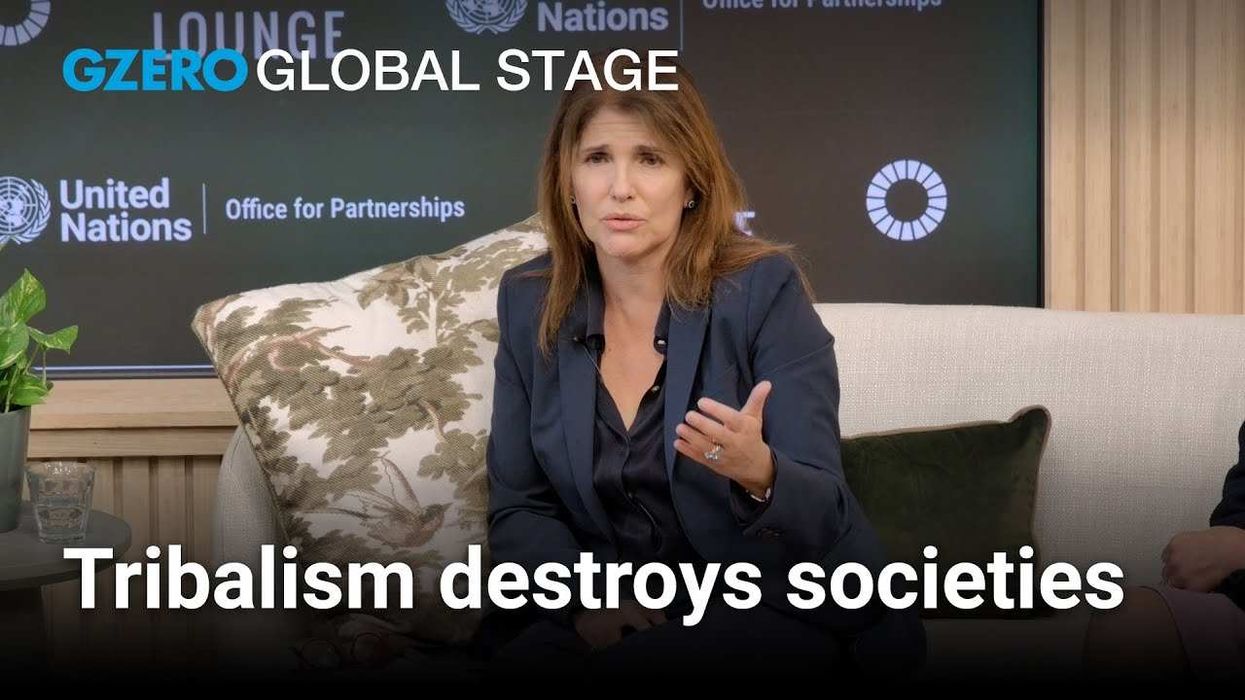What We're Watching
What We’re Watching: US’s top court deals major blow to Trump, UN reports of “genocidal intent” in Sudanese town, Washington inches closer to Iran strikes
In a massive blow to US President Donald Trump’s trade and foreign policy agenda, the US’s top court ruled that the president overstepped his authority when he used the International Emergency Economic Powers Act (IEEPA) to impose tariffs. The decision was 6-3.
Feb 20, 2026

